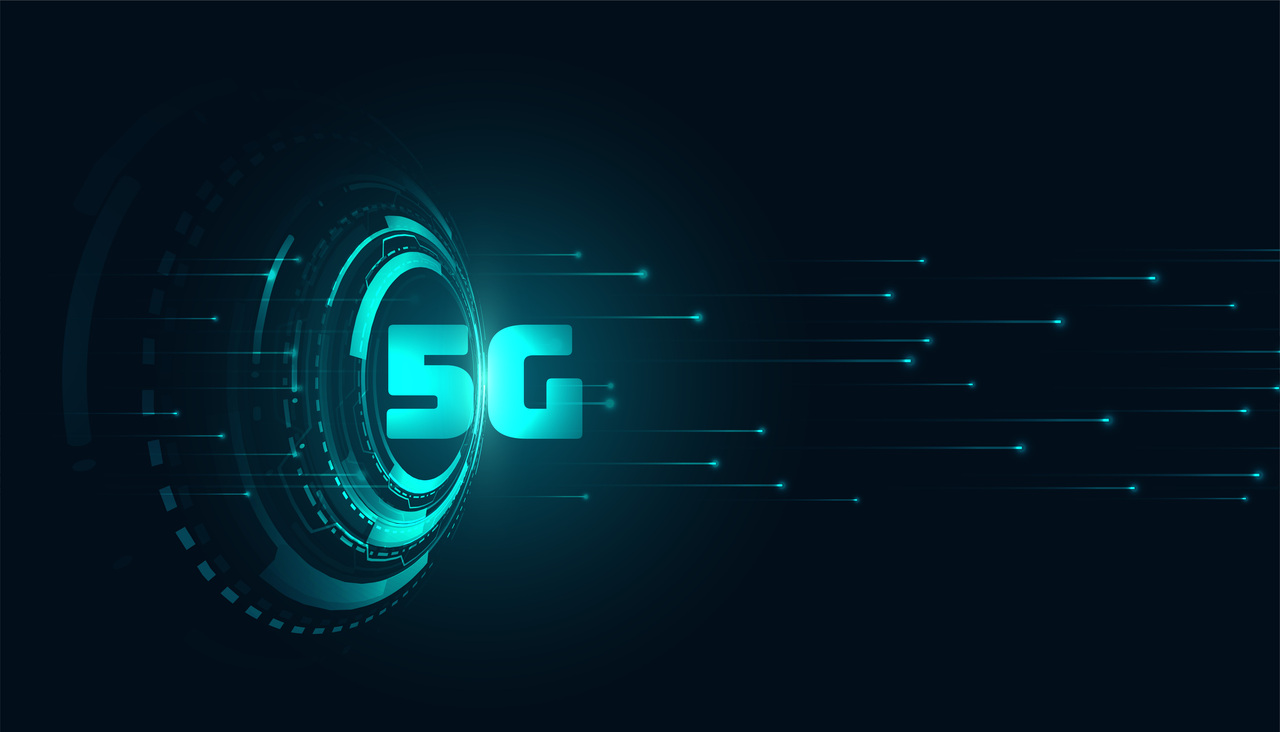Difference Between 4G and 5G Networks

Thu, Dec 28, 2023 06:07 AM
In the ever-evolving landscape of telecommunications, the transition from 4G to 5G networks has become a hot topic. The advancements in technology promise faster speeds, lower latency, increased capacity, and a myriad of other benefits. But what exactly sets 4G and 5G apart? Let's delve into the nuances that make these generations of wireless networks unique.
Understanding the Basics
Before we embark on the journey of dissecting the differences, it's essential to grasp the fundamental aspects of both 4G and 5G.
What is the Difference Between 4G and 5G?
4G and 5G denote the fourth and fifth generations of mobile networks, respectively. They represent the evolution of wireless communication technologies, each bringing its own set of improvements and innovations.
Speed: Racing into the Future
4G Speed
In the realm of speed, 4G networks have been commendable, offering users relatively high data transfer rates. This has facilitated activities such as streaming and downloading, providing a satisfying user experience.
5G Speed
5G takes speed to a whole new level. The promise of 5G lies in its ability to deliver blazing-fast internet speeds, making downloads and uploads quicker and more seamless than ever before. This is a game-changer for individuals who rely on good internet speed internet for data-intensive activities.
Latency: Reducing the Waiting Game
4G Latency
Latency, the time it takes for data to travel from the source to the destination, has been a challenge for 4G networks. While generally acceptable, there can be noticeable delays in applications that demand real-time communication.
5G Latency
5G aims to significantly reduce latency compared to 4G, offering near real-time communication. This improvement is especially vital for applications like online gaming and video conferencing, where minimal delays can make a substantial difference.
Capacity: Meeting the Demands
4G Capacity
4G networks have coped well with the demands of data consumption. However, the surge in the number of smart devices and the increasing demand for seamless connectivity have put a strain on their capacity.
5G Capacity
5G networks boast increased capacity, allowing them to handle a higher volume of connected devices simultaneously. This is a crucial aspect in scenarios where numerous devices are interconnected, such as in smart cities or crowded events.
Connection Density: A Crowded Network Challenge
4G Connection Density
The term "connection density" refers to the number of devices that can be connected to a network within a given area. 4G networks have limitations in supporting a significantly high connection density.
5G Connection Density
5G networks are designed to support a significantly higher connection density than 4G networks. This is a crucial aspect in scenarios where numerous devices are interconnected, such as in smart cities or crowded events.
Network Architecture: Shaping the Future
4G Network Architecture
While 4G networks have served us well with a centralized network architecture, this approach has limitations in terms of adaptability and flexibility.
5G Network Architecture
5G introduces a more decentralized approach to network architecture. This shift brings about improved efficiency and flexibility, enabling the network to adapt dynamically to varying demands.
Frequency Bands: Expanding the Spectrum
4G Frequency Bands
4G networks operate within a specific frequency band, which can limit their data transfer rates. The use of lower frequency bands provides better coverage but at the expense of speed.
5G Frequency Bands
5G utilizes a broader spectrum of frequency bands compared to 4G. This allows for higher data transfer rates and improved network performance. The deployment of millimeter-wave frequencies is a notable feature of 5G, enabling faster data speeds but with a trade-off in coverage range.
Energy Efficiency: A Green Revolution
4G Energy Efficiency
Efficiency is always a consideration, and 4G networks have made strides in this area. However, there is room for improvement, especially with the increasing emphasis on sustainability.
5G Energy Efficiency
5G networks are designed to be more energy-efficient, promoting sustainability and reducing the carbon footprint. This is a significant step forward in aligning telecommunications with environmental consciousness.
Coverage: Reaching New Horizons
4G Coverage
While 4G offers extensive coverage with its well-established infrastructure, there are limitations in reaching remote or sparsely populated areas.
5G Coverage
While 5G offers unparalleled speed and capacity, its coverage can be a point of contention. 4G networks, with their well-established infrastructure, often provide more extensive coverage compared to the still-expanding 5G networks. The pursuit of wider coverage remains a challenge that the industry is actively addressing.
Bringing It All Together: Bundles and Deals
In the dynamic landscape of network generations, understanding the practical aspects of accessing evolving technologies is paramount. Explore a seamless transition to the future with Fios TV bundles, Frontier bundle deals, and Cable One packages. These offerings not only cater to your TV and internet needs but also bridge the gap between the capabilities of 4G and the transformative potential of 5G.
Conclusion
In conclusion, the difference between 4G and 5G networks extends beyond speed and latency. It encompasses a holistic transformation in network architecture, capacity, connection density, frequency bands, energy efficiency, and coverage. As we embrace the era of 5G, it's crucial to not only appreciate the technological advancements but also consider how these innovations can be seamlessly integrated into our daily lives through bundled services and deals. The journey from good internet speeds to comprehensive TV and internet bundles is a testament to the dynamic nature of the telecommunications landscape.
Featured Plan

Bundles starting from $64.99/mo.
Optimum internet plans offer 1000 Mbps of ultra internet speed with Altice Fibe. You will be able to enjoy 420 plus channels in 4K ultra HD. Optimum is the fourth-largest cable provider in the United States.
View More Deals! (833) 396-32123